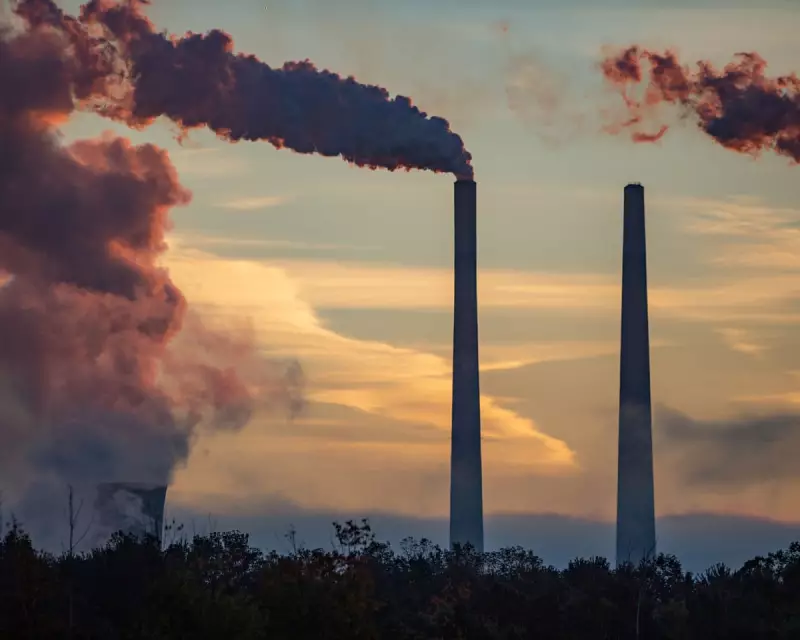
In what's being hailed as a watershed moment for global climate justice, world leaders are rallying behind an unprecedented financial package that would see the ultra-wealthy and fossil fuel giants finally pay their fair share towards addressing the climate crisis.
The Funding Revolution
The groundbreaking proposal, gaining momentum ahead of critical climate negotiations, would establish two powerful revenue streams:
- A global minimum tax on extreme wealth targeting the world's multimillionaires and billionaires
- Coordinated levies on fossil fuel companies whose soaring profits have exacerbated the climate emergency
This isn't just another climate fund—it's a fundamental shift in how we finance climate action, moving the burden from taxpayers to those most responsible for and most capable of addressing the crisis.
Why This Matters Now
With climate disasters intensifying from devastating floods in Pakistan to catastrophic droughts across Africa, vulnerable nations have been demanding financial support for years. These countries, despite contributing least to global emissions, are bearing the brunt of climate impacts.
"This represents climate justice in action," one diplomatic source revealed. "For too long, the costs have fallen on those least able to pay while polluters profit. This framework changes that equation fundamentally."
The Scale of Ambition
While exact figures remain under negotiation, insiders suggest the combined taxes could generate hundreds of billions annually—transforming the landscape of climate finance. The funds would be directed toward:
- Building climate-resilient infrastructure in vulnerable regions
- Supporting communities displaced by climate-related disasters
- Accelerating renewable energy transitions in developing economies
- Funding adaptation projects from flood defences to drought-resistant agriculture
Political Momentum Builds
The proposal has gained surprising traction across traditional political divides. Progressive governments see it as essential climate justice, while pragmatic leaders recognise it as the most viable way to mobilise the massive resources needed.
What makes this different from previous climate finance pledges? The mandatory nature of these taxes creates a reliable, sustained funding stream rather than relying on voluntary contributions that often fail to materialise.
As one climate negotiator put it: "This isn't charity—it's responsibility. Those who profited from creating the crisis and those with greatest capacity must now lead in solving it."
The coming months will prove crucial as technical details are finalised and implementation frameworks developed. But the principle appears settled: the era of asking polluters and the ultra-wealthy to pay their climate dues has finally arrived.





